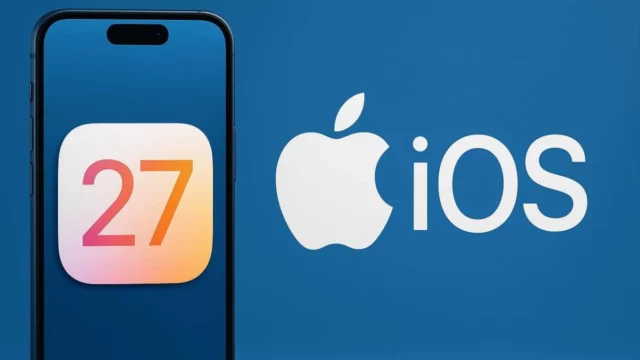The global tech industry continues to evolve at a rapid pace, and with it, hiring trends are shifting to meet the demands of innovation, digital transformation, and emerging technologies. As businesses worldwide compete for top talent in 2025, understanding these trends is crucial for employers, job seekers, and HR professionals alike. In this article, we’ll explore the latest global tech hiring trends, backed by insights into what’s driving the market and how companies are adapting.
Remote Work Remains a Hiring Staple
Remote work has transitioned from a pandemic necessity to a permanent fixture in tech hiring. Companies are increasingly offering fully remote or hybrid roles to attract talent from diverse geographic locations. According to recent industry reports, over 60% of tech professionals now prioritize flexibility in work arrangements when considering job offers. This shift has expanded the talent pool, enabling employers to hire skilled workers from regions with lower living costs, such as Southeast Asia, Eastern Europe, and Latin America, while still competing in global markets.
Demand for AI and Machine Learning Experts Soars
Artificial intelligence (AI) and machine learning (ML) are no longer buzzwords—they’re core components of business strategy. In 2025, companies across industries, from healthcare to finance, are aggressively recruiting AI specialists, data scientists, and ML engineers. The rise of generative AI tools and automation has only amplified this demand. Roles such as AI ethicists and prompt engineers are also emerging as businesses seek to responsibly integrate these technologies.

Upskilling and Reskilling Take Center Stage
With technology evolving faster than ever, employers are prioritizing candidates who demonstrate adaptability and a willingness to learn. Rather than solely hiring for specific skills, many tech firms are investing in upskilling programs to train employees in areas like cloud computing, cybersecurity, and blockchain. This trend reflects a broader shift toward long-term talent development, reducing reliance on external hiring for niche expertise.
For job seekers, this means showcasing continuous learning—whether through certifications, bootcamps, or self-directed projects—can significantly boost employability.
Cybersecurity Talent Shortage Persists
As cyber threats grow in sophistication, the demand for cybersecurity professionals continues to outpace supply. In 2025, roles like ethical hackers, security analysts, and compliance specialists are among the most sought-after globally. Regions like North America and Europe, where data privacy regulations are stringent, are particularly desperate to fill these gaps. Companies are offering competitive salaries, signing bonuses, and remote work options to secure top talent.
Diversity, Equity, and Inclusion (DEI) Drive Recruitment
Tech companies are doubling down on DEI initiatives to build more inclusive workplaces. In 2025, hiring strategies increasingly focus on underrepresented groups, including women, people of color, and individuals from non-traditional tech backgrounds. This shift isn’t just about optics—diverse teams are proven to drive innovation and improve problem-solving. Expect to see more targeted outreach, mentorship programs, and partnerships with organizations supporting diversity in tech.
Gig Economy Expands in Tech
The gig economy is making waves in the tech sector, with freelancers and contractors filling short-term project needs. From software development to UI/UX design, companies are tapping into platforms like Upwork and Toptal to access specialized skills without long-term commitments. This trend benefits both businesses, which gain flexibility, and workers, who enjoy autonomy and variety.
Emerging Markets Gain Traction
While Silicon Valley and other traditional tech hubs remain influential, emerging markets like India, Nigeria, and Brazil are becoming hotbeds for tech talent. Lower operational costs, coupled with a surge in STEM graduates, make these regions attractive for global companies. In 2025, expect more outsourcing and direct hiring from these areas, particularly in software development and IT support.
Soft Skills Gain Equal Weight
Technical prowess alone isn’t enough anymore. Employers are placing greater emphasis on soft skills like communication, collaboration, and problem-solving. As tech teams become more interdisciplinary, the ability to work across departments and articulate complex ideas is a differentiator. Candidates who can blend hard skills with emotional intelligence are in high demand.
Navigating the Tech Hiring Landscape in 2025
The global tech hiring landscape in 2025 is dynamic, driven by technological advancements, workforce preferences, and economic factors. For employers, staying competitive means embracing flexibility, investing in talent development, and prioritizing diversity. For job seekers, the key is adaptability—whether through upskilling, highlighting soft skills, or exploring gig opportunities.
As the tech industry continues to shape the future, keeping a pulse on these trends will ensure you’re ahead of the curve. Whether you’re hiring or seeking your next role, 2025 promises a wealth of opportunities in the ever-evolving world of tech.














